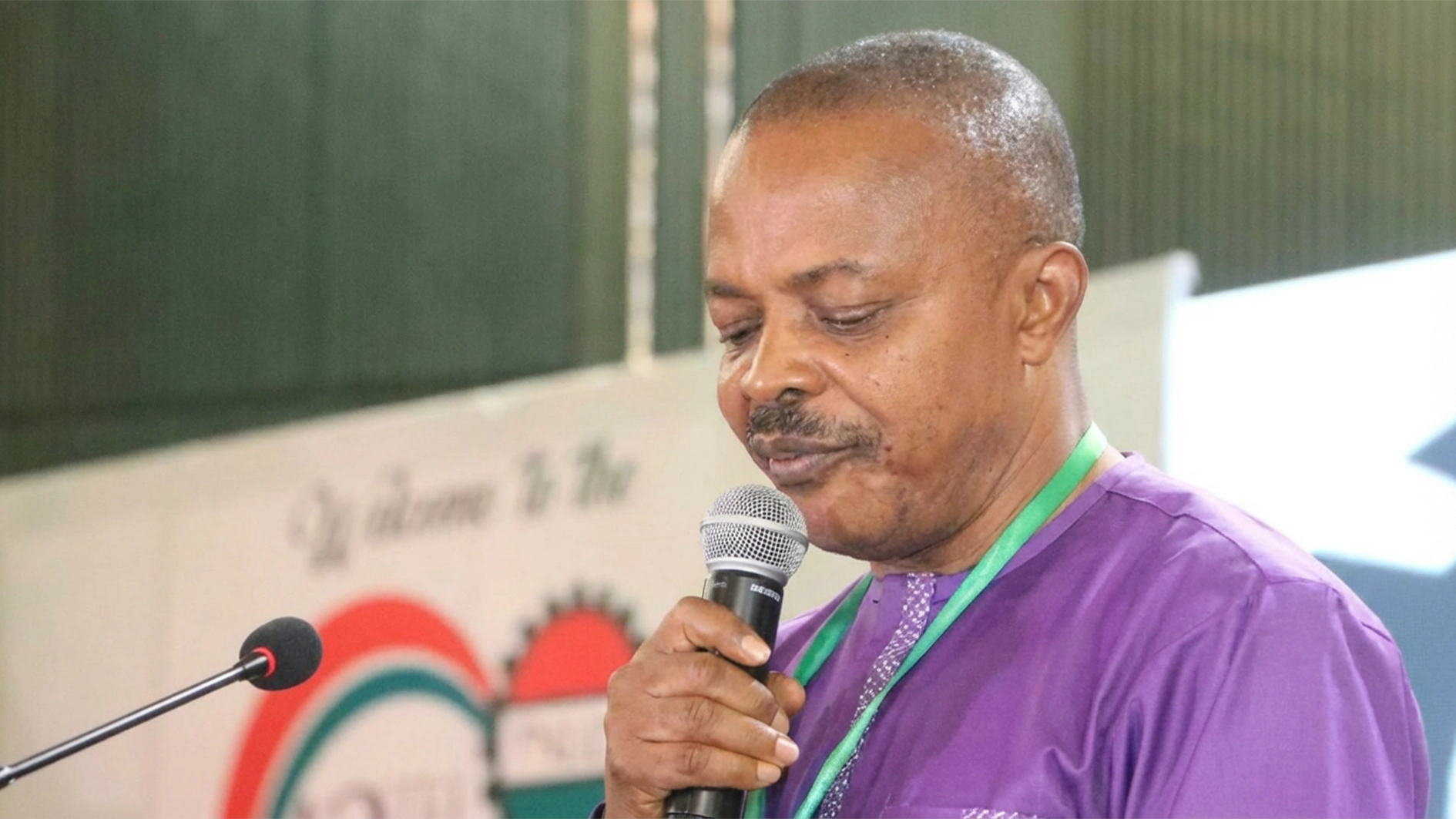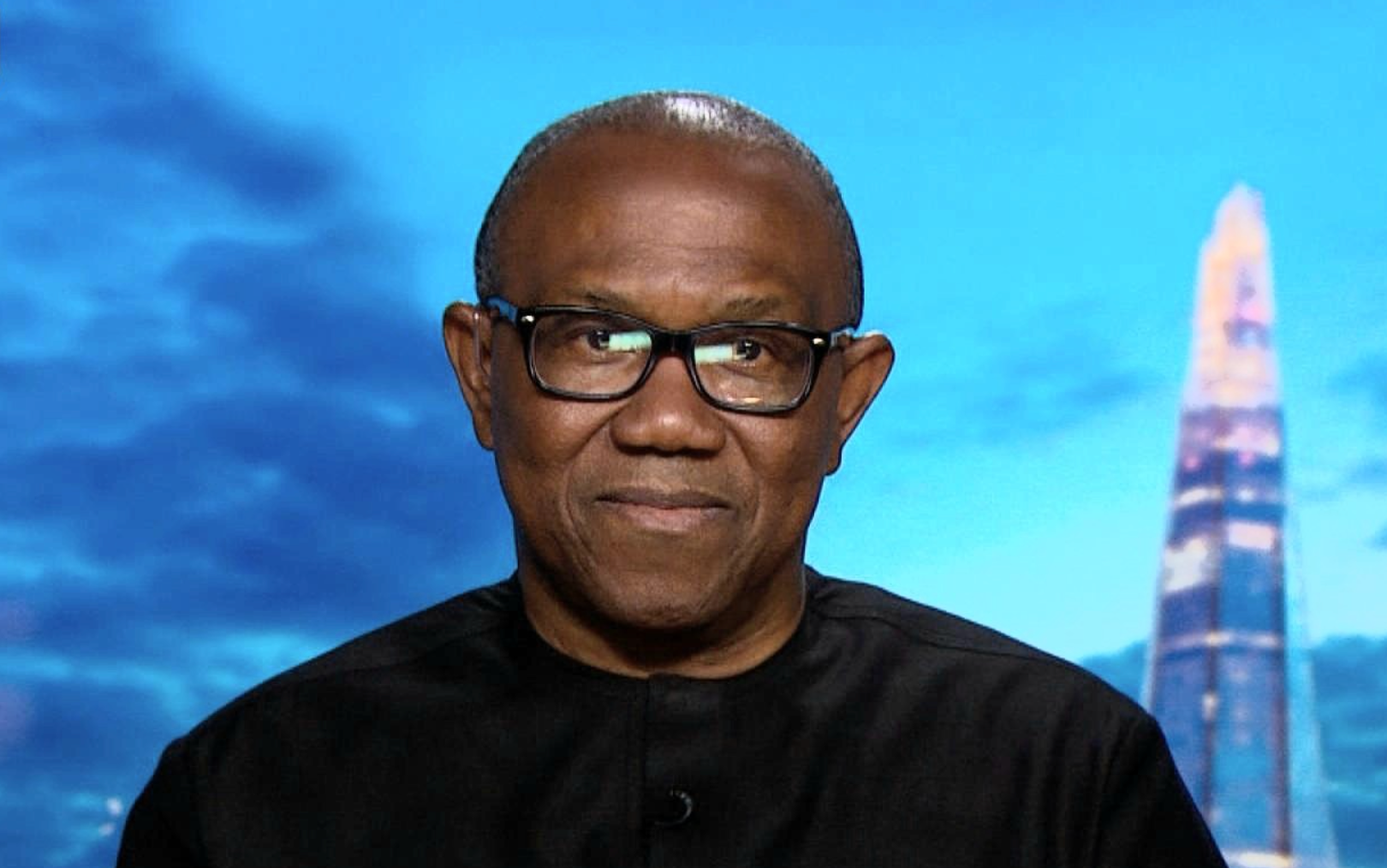The dispute between Aminu Kano Teaching Hospital (AKTH) and the Kano Electricity Distribution Company (KEDCO) over power disconnection has finally been laid to rest, ending the blackout at the facility, but not without a tragic cost that led to the death of patients.
Three patients in the Intensive Care Unit (ICU) reportedly died, and hundreds of others on admission endured severe hardship due to the sudden power outage, which was a result of accumulated unpaid electricity bills.
Although KEDCO restored electricity after three days of total darkness, neither the hospital management nor the power distribution company has accepted responsibility for the apparent negligence.
The hospital management only acknowledged the power cut in a statement issued on Sunday, three days after the deaths were reported, where they appealed to KEDCO for the reconnection of power. However, the statement was silent on the number of casualties resulting from the avoidable incident.
Expectedly, KEDCO swiftly countered what it described as AKTH’s attempt to gain public sympathy. While tension escalated and had since thrown caution to the wind, KEDCO was compelled to voice that disconnecting power supply to the teaching hospital, regardless of the presence of critically ill patients, was the only means to recover its revenue.
Amidst the blame game, Kano State Commissioner of Police, CP Ibrahim Adamu Bakori, on Monday, intervened, summoning both federal and private stakeholders to a peace meeting aimed at resolving the dispute, which had begun to severely impact public health.
According to a statement by police spokesperson SP Abdullahi Haruna Kiyawa, the meeting held at the Commissioner’s Office was attended by the Chief Medical Director of AKTH, Prof. A. Abba Sheshe, and the Managing Director/CEO of KEDCO, Dr. Abubakar Shuaibu Jimeta.
“The discussions were aimed at finding an amicable solution to the crisis, which had reportedly affected critical medical services at the hospital, leading to unfortunate consequences.
“After a productive meeting, both parties expressed their gratitude to the Commissioner of Police for his intervention. During the meeting, the MD/CEO of KEDCO made arrangements for the immediate restoration of electricity to the hospital, highlighting their commitment to resolving the matter,” the statement read.
The police command emphasised its commitment to protecting lives and property, ensuring that essential institutions like hospitals operate without interruption.
“The Kano State Police Command commends both parties for their cooperation and willingness to resolve the issue amicably and assures continued support in maintaining peace and stability,” the statement added.
Regrettably, the peaceful resolution reached at the CP’s office, which eventually led to the restoration of power to the hospital, made no mention of the three innocent lives lost in the ICU.
The release by the command’s spokesperson left the public questioning whether human lives hold any value to either AKTH or KEDCO.
Concerned residents, however, blamed the incident on negligence by the hospital management, questioning why AKTH failed to utilise its multiple alternative power sources, including high-capacity generators and solar hybrid panels, widely known to exist on the premises.
In a statement by its Head of Information Unit, Hauwa Inuwa Dutse, AKTH explained that the hospital regularly struggles to settle its electricity bills from Internally Generated Revenue (IGR) and also uses part of that revenue to purchase diesel for on-site power generation to supplement KEDCO’s supply.
On its part, KEDCO revealed that the hospital owed a staggering ₦949,880,922.45 as of August 2025. It claimed it had only demanded full payment of the August 2025 bill, amounting to over ₦108 million, within ten working days — failing which it would suspend service.
Reacting to the development, civil society activist Mohammed Bello called for an independent panel to investigate the matter and ensure accountability to prevent further loss of lives.
“As much as I won’t rush to apportion blame to either KEDCO or AKTH, I believe an independent panel is necessary to determine what led to the deaths of patients in the ICU during the blackout.
“Were the deaths caused by the illnesses or the power cut? If it was the latter, did AKTH have alternative power sources? If so, why weren’t they deployed to save lives? We need answers to prevent a recurrence,” Bello said.
On the contrary, human rights lawyer Barr. Isa Umar argued that KEDCO could be held liable for the avoidable deaths, provided the hospital can prove a direct link.
Citing the principle of causation under Nigerian law, Umar stated that liability could fall on KEDCO for failing to consider the consequences of its actions, which led to the death of three patients.
“It is clear in Nigerian law that issues of liability arise when a wrongful act leads to harm. In the case of AKTH and KEDCO, the principle of causation comes into play, such that the patients were admitted for medical care, part of which relies on electrically powered life-support equipment.
“By cutting off electricity, KEDCO disrupted that care. If it can be proven that the deaths resulted directly from the power cut, then KEDCO bears responsibility,” Umar said.
He added, “If AKTH can establish that the patients died as a result of the outage, the families can take legal action against KEDCO. Alternatively, they can sue both AKTH and KEDCO, leaving the court to determine the actual cause and liable party. That’s another legal route,” Barr. Umar submitted.






